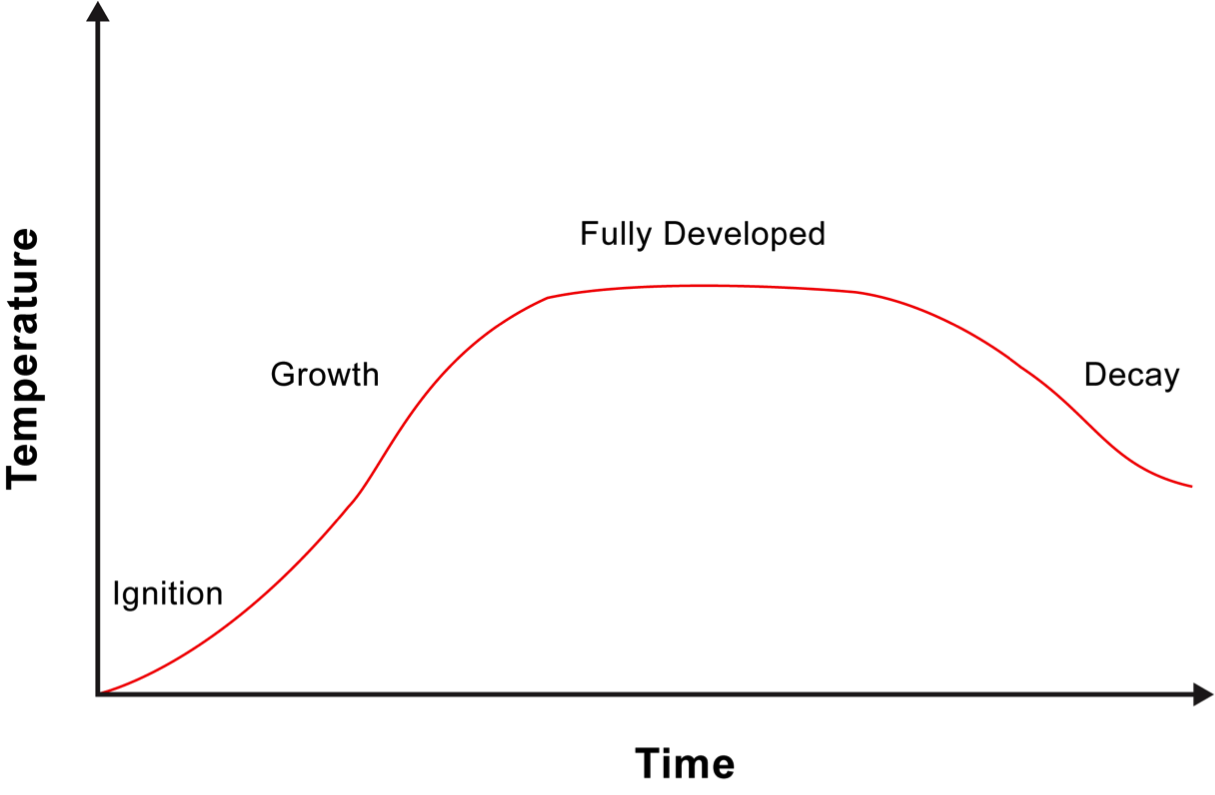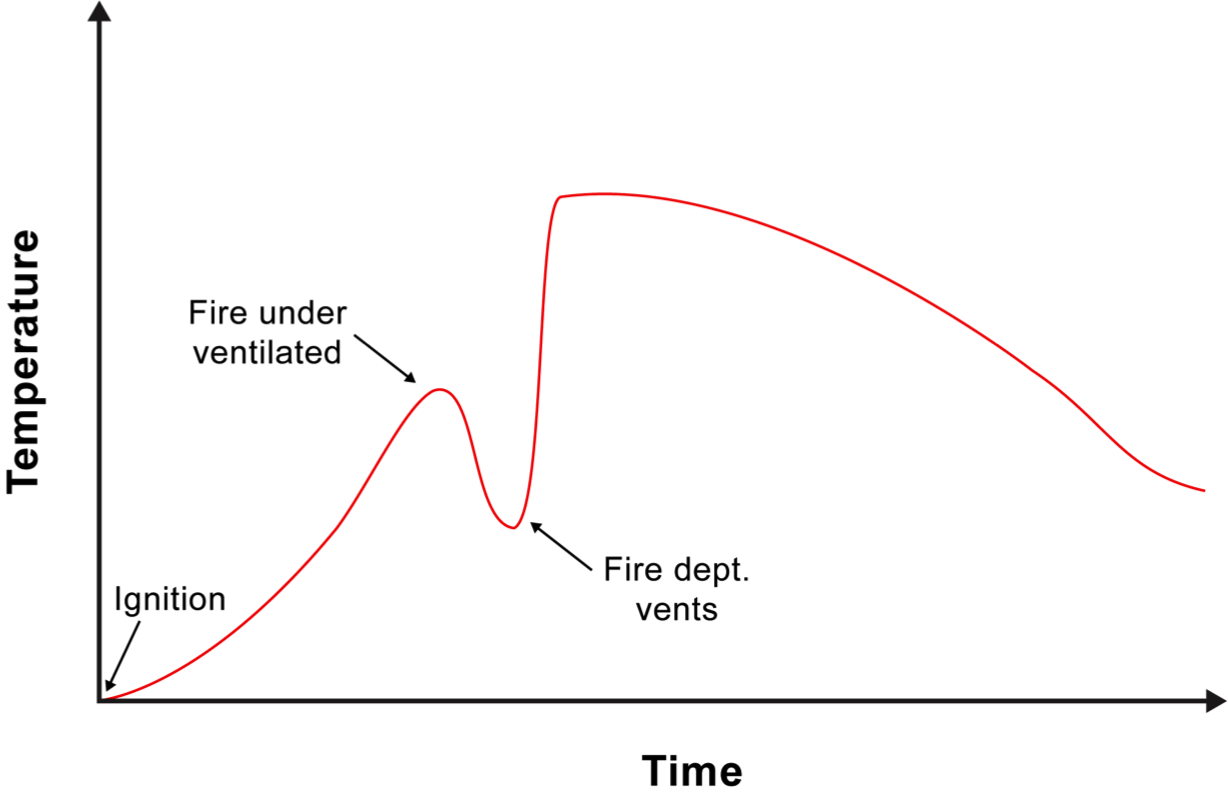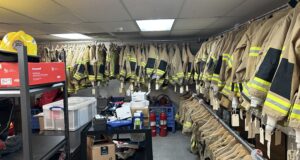The following is a post with several insights and references on fire behavior, especially today’s fire behavior. It’s not about guts or glory, but a priceless discussion on what the fire is doing in the buildings we are entering.
David Walsh (Program Chair for the Dutchess Community College Fire Science program) summarizes a short article below that appeared in a 2011 issue of WNYF (With New York Firefighters).
The article starts out focusing on how oxygen hungry today’s fires are, how imperative it is to address ventilations as a top priority at every fire, and how opening a door to the occupancy provides a tremendous source of fresh air to the fire. In the today’s fire behavior picture below note the status of the fire pre-ventilation and then post ventilation. Any opening that is provided either by action of the FD or by the fire (window self venting, especially older non thermo-pane windows) will provide a source of fresh air to the fire. Personnel should expect the fire to react accordingly.
Also, check out John Schafer’s observations from a recent trip to part of the Vertical Ventilation study being conducted by UL.
Green Maltese Make A Visit To UL
Here is a video that shows traditional fire development:
[youtube=http://www.youtube.com/watch?v=KhjuvI1c2oE&list=PLCDE5594A65DF3034&index=18&feature=plpp_video]
Here is a video on the effects of closing the door has on the growth of a fire.
[youtube=http://www.youtube.com/watch?v=uYD8GQmwvcg&feature=share]
Here are some burning questions for your crew:
- Can you push fire?
- Is a transitional attack more appropriate with today’s fire behavior?
- With today’s high fireload (synthetics – solid gasoline) coupled with the air tight nature of today’s structures, how much time do you have until flashover?
- Our PPE is the best we have ever had, should we attempt to go deeper into buildings than before?
Your reading and research will yield some opinions to all of these questions. What are yours?
Pass it on!
 First Due Tackle Pass It On – Firefighter, Rescue & Extrication Training
First Due Tackle Pass It On – Firefighter, Rescue & Extrication Training







